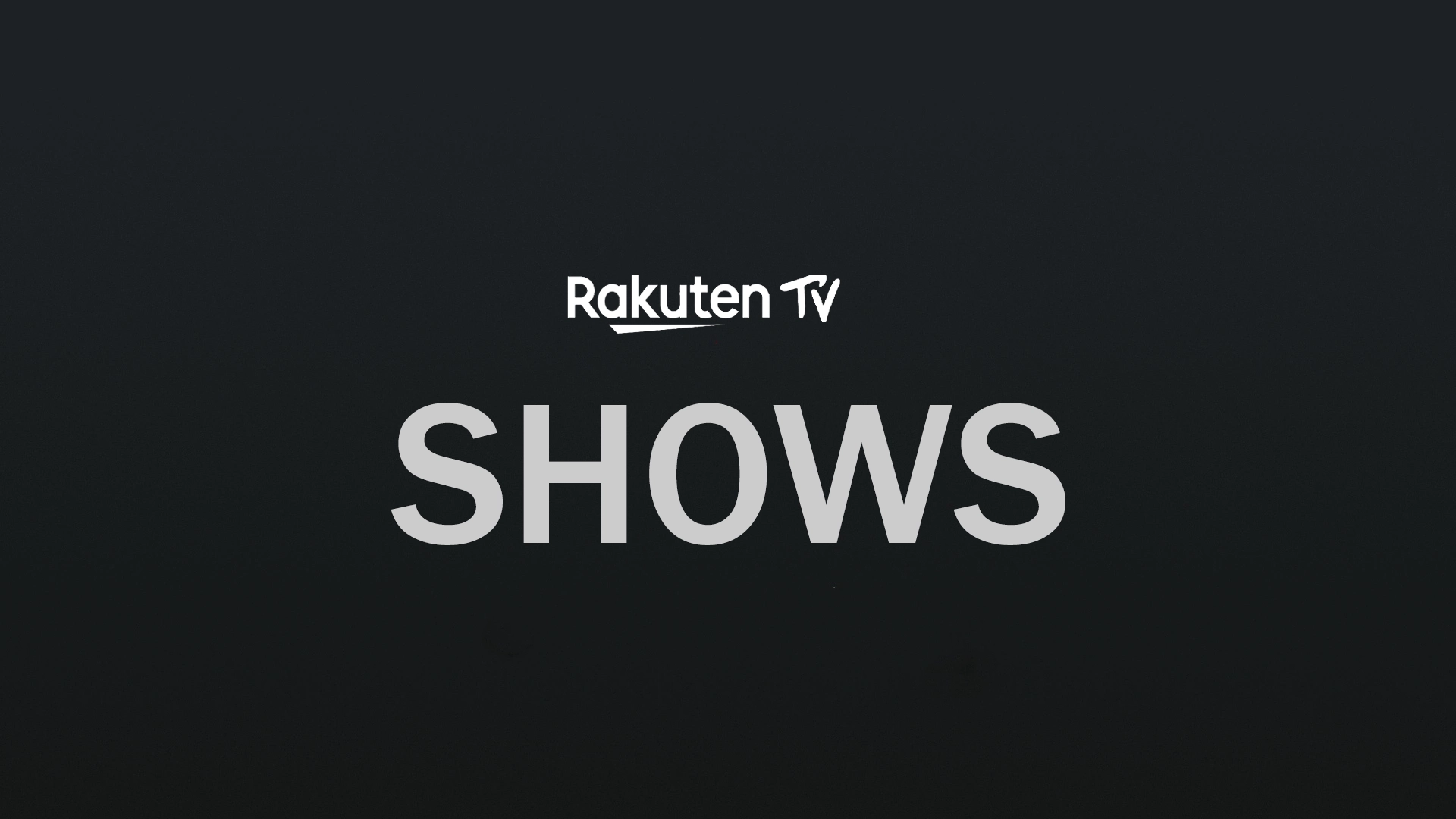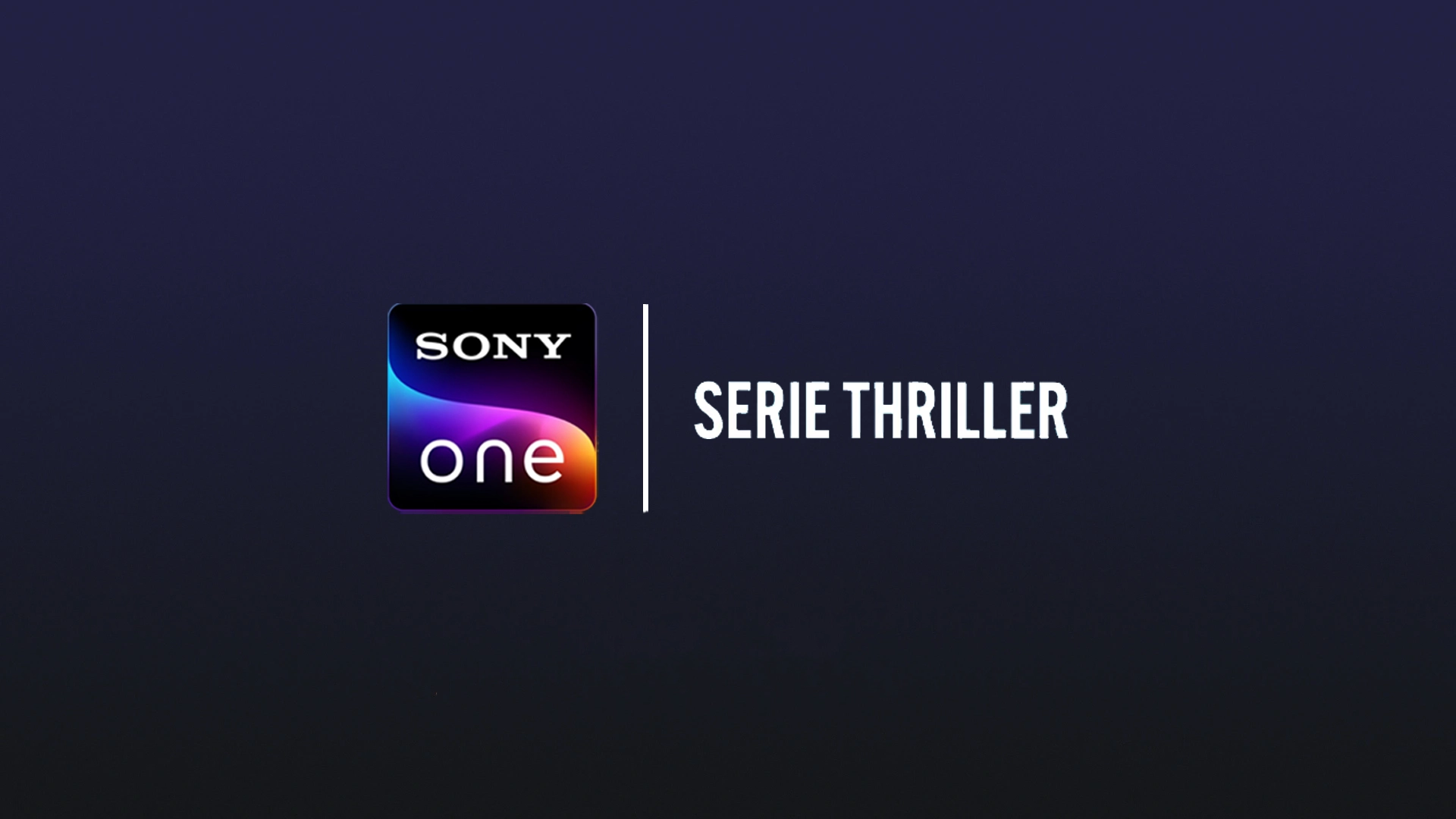Filmgold – Germany’s Free-TV Destination for Timeless Cinema
Introduction
Filmgold is a free-to-air television channel in Germany that has steadily built a reputation for delivering an immersive viewing experience centered around classic and cult films. Known for its curated lineup of cinematic treasures from decades past, the channel caters to nostalgic film lovers and casual viewers alike. By combining high-quality programming with a clear thematic identity, Filmgold has carved out a distinct niche in the competitive German television landscape.
History and Launch
Filmgold officially launched on March 1, 2023, making it one of the newer additions to Germany’s ever-evolving free-TV ecosystem. Despite its relatively recent debut, the channel carries the sensibilities of a well-curated film archive, with a library that spans genres and eras.
The channel is a creation of Mainstream Media AG, a Munich-based media company also known for running thematic channels like Romance TV and Heimatkanal. Mainstream Media AG recognized a market opportunity to revive interest in older cinema by broadcasting them free of charge, supported by advertising rather than subscription fees.
Programming Philosophy
Filmgold’s programming strategy revolves around cinematic classics and cult hits primarily from the 1950s to the early 2000s, with a strong emphasis on German-language productions as well as select international titles. The selection spans multiple genres, including drama, comedy, crime, romance, and adventure, creating a rich and varied broadcast schedule.
German Cinema at Its Core
One of the key features of Filmgold is its dedication to preserving and celebrating German film heritage. Films from the post-war era through the golden age of German cinema are regularly broadcast. This includes well-loved productions from the DEFA studio in East Germany, Heimatfilme, and classics from West Germany’s cinematic canon.
International Classics
In addition to local films, Filmgold also curates a wide selection of internationally renowned movies, including American and European classics. These are often carefully chosen to fit thematic slots, such as “Sunday Crime Night” or “Comedy Classics Week,” adding a cohesive viewing experience for audiences.
Thematic Blocks and Special Features
The channel is known for its thematic programming blocks. Examples include weekend marathons, seasonal programming (e.g., Christmas or summer specials), and tributes to iconic actors or directors. Viewers might find a day dedicated to Romy Schneider, or a noir-themed evening showcasing gritty detective films of the 60s and 70s.
Additionally, Filmgold occasionally airs documentary segments and interviews, providing historical or cultural context for the films being shown. This educational dimension elevates the channel beyond mere entertainment.
Audience and Reach
Filmgold primarily targets viewers aged 45 and above, particularly those with an appreciation for nostalgic content and classical cinema. However, its appealing variety and free accessibility make it attractive to younger film enthusiasts and students of cinema as well.
The channel is available across Germany, Austria, and Switzerland, and is broadcast via satellite (Astra 19.2° East), cable networks, and live TV streaming platforms like Zattoo and Waipu.tv. Its growing availability on digital platforms has helped it reach a broader demographic.
Ownership and Distribution
Filmgold is wholly owned by Mainstream Media AG, a company with decades of experience in managing niche television channels. Mainstream Media AG’s existing portfolio and industry knowledge allowed them to seamlessly launch Filmgold into the competitive media market.
The channel is financed primarily through advertising revenue, allowing it to remain free-to-air for all viewers. Its commercial breaks are carefully placed to ensure minimal disruption to the film-viewing experience, often making the programming feel more like a traditional cinema outing.
Cultural Significance
At a time when streaming platforms and fast-paced content dominate the entertainment space, Filmgold offers a slower, more reflective viewing alternative. It acts as a cultural preservation tool, reviving interest in forgotten masterpieces and underappreciated cinematic works.
The channel contributes to film education by reintroducing modern audiences to important works from Germany’s cinematic past. In doing so, it fosters a deeper appreciation for how cinema reflects societal changes, political climates, and artistic movements.
Moreover, Filmgold plays a role in bridging generations. Older viewers find comfort and nostalgia in films they grew up with, while younger audiences discover these classics anew, often gaining new perspectives on storytelling and production values.
Future Outlook
Filmgold’s future appears promising, especially as interest in retro content continues to rise. The channel plans to expand its content library through partnerships with film archives and distributors, and to experiment with original documentary-style programming that explores the stories behind the films.
Additionally, Filmgold is likely to strengthen its digital presence, perhaps offering on-demand content or app-based streaming in the near future. Enhancing interactivity and community engagement—through viewer polls, film discussions, or social media features—is also on the roadmap.
As a free, accessible, and richly programmed channel, Filmgold is well-positioned to maintain and grow its place in the German-speaking media world.
Conclusion
Filmgold may be a newcomer in terms of broadcast years, but it draws on decades of cinematic history to deliver a deeply engaging and culturally significant television experience. By focusing on timeless films, thematic storytelling, and audience connection, it has quickly become a beloved destination for classic movie fans in Germany and beyond. Under the experienced guidance of Mainstream Media AG, Filmgold not only honors the past but also ensures that these films continue to live on in the hearts and minds of future generations.






Add :